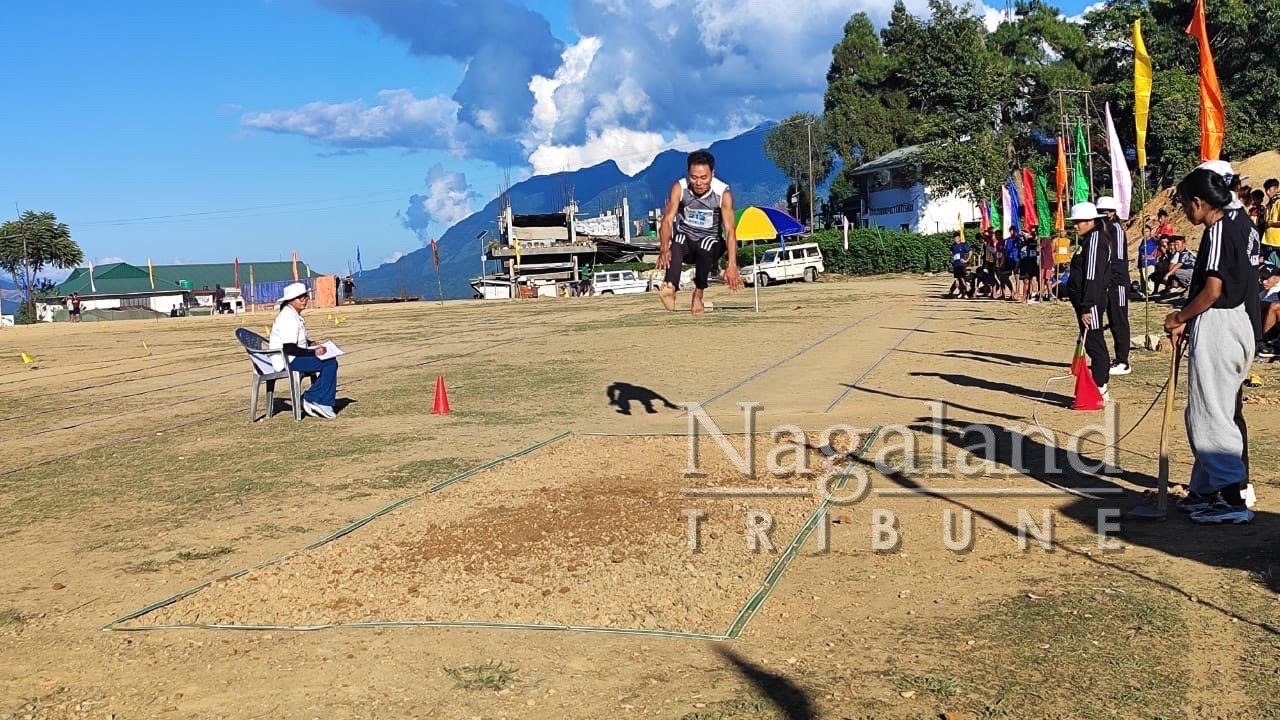Sports transcend the realm of mere physical activity; they weave themselves into the very fabric of a society, shaping individuals and communities. In Nagaland, a state brimming with youthful potential and a rich sporting heritage, fostering a robust sporting culture holds immense significance.
Sports are fundamental to promoting physical and mental well-being. Engaging in regular physical activity strengthens the cardiovascular system, improves muscular endurance, and boosts the immune system. Sports also play a crucial role in stress management, fostering mental resilience and a sense of accomplishment.
Sportsmanship, a cornerstone of athletic participation, instills valuable life skills. Athletes learn discipline, perseverance, and the importance of teamwork. Facing challenges and overcoming setbacks on the field forge mental fortitude and the ability to adapt to pressure.
Sports transcend social barriers, fostering a sense of friendship and belonging. Team sports, in particular, cultivate an understanding of cooperation, trust, and the collective pursuit of a common goal. This collaborative spirit extends beyond the playing field, strengthening social bonds within communities.
Sports provide a constructive outlet for the boundless energy of young minds and bodies. Engaging in sports keeps youngsters away from negative influences and fosters a sense of purpose and direction.
My Views for Cultivating Sporting Excellence
Infrastructure Development: Investing in world-class sporting infrastructure, encompassing stadiums, training facilities, and specialized equipment, is paramount. Upgrading existing infrastructure and establishing new facilities in remote areas is crucial to ensure accessibility for aspiring talents across the state.
Grassroots Programs: Identifying and nurturing talent at the grassroots level is fundamental. Implementing robust school-based sports programs, coupled with well-trained coaches, can unearth hidden potential and provide a strong foundation for future success.
Financial Support: Providing financial assistance to promising athletes is essential. This could involve scholarships, sponsorships, and grants to cover training expenses, equipment costs, and participation in national and international competitions.
Specialized Coaching: The state government can actively collaborate with experienced coaches and trainers to develop specialized programs tailored to different sports disciplines. Providing advanced training opportunities within the state and facilitating participation in national coaching camps can equip athletes with the necessary skills and techniques to compete at the highest level.
Promoting Traditional Sports: Nagaland boasts a rich heritage of indigenous sports like Naga wrestling and Archery. Encouraging the participation and revival of these traditional forms of physical activity can not only preserve cultural identity but also foster a deeper connect with the state’s sporting roots.
Celebrating Sporting Achievements: Recognizing and celebrating the accomplishments of Nagaland’s athletes, both established and upcoming, is vital. This can include awarding scholarships, organizing felicitation ceremonies, and providing media coverage to their success stories. Such recognition serves as a source of motivation for aspiring sportspersons and inspires the next generation of champions.
By prioritizing sports development and implementing a well-defined vision, the Nagaland government can harness the immense potential that lies within its youth. A robust sporting culture not only fosters a healthy and vibrant society but also brings immense pride and recognition to the state. By nurturing talent, providing the necessary support, and creating an environment conducive to sporting excellence, Nagaland can script a glorious chapter in the history of Indian sports.
By Dharma Dhaj Sonowal, Kushiabill, Dimapur


